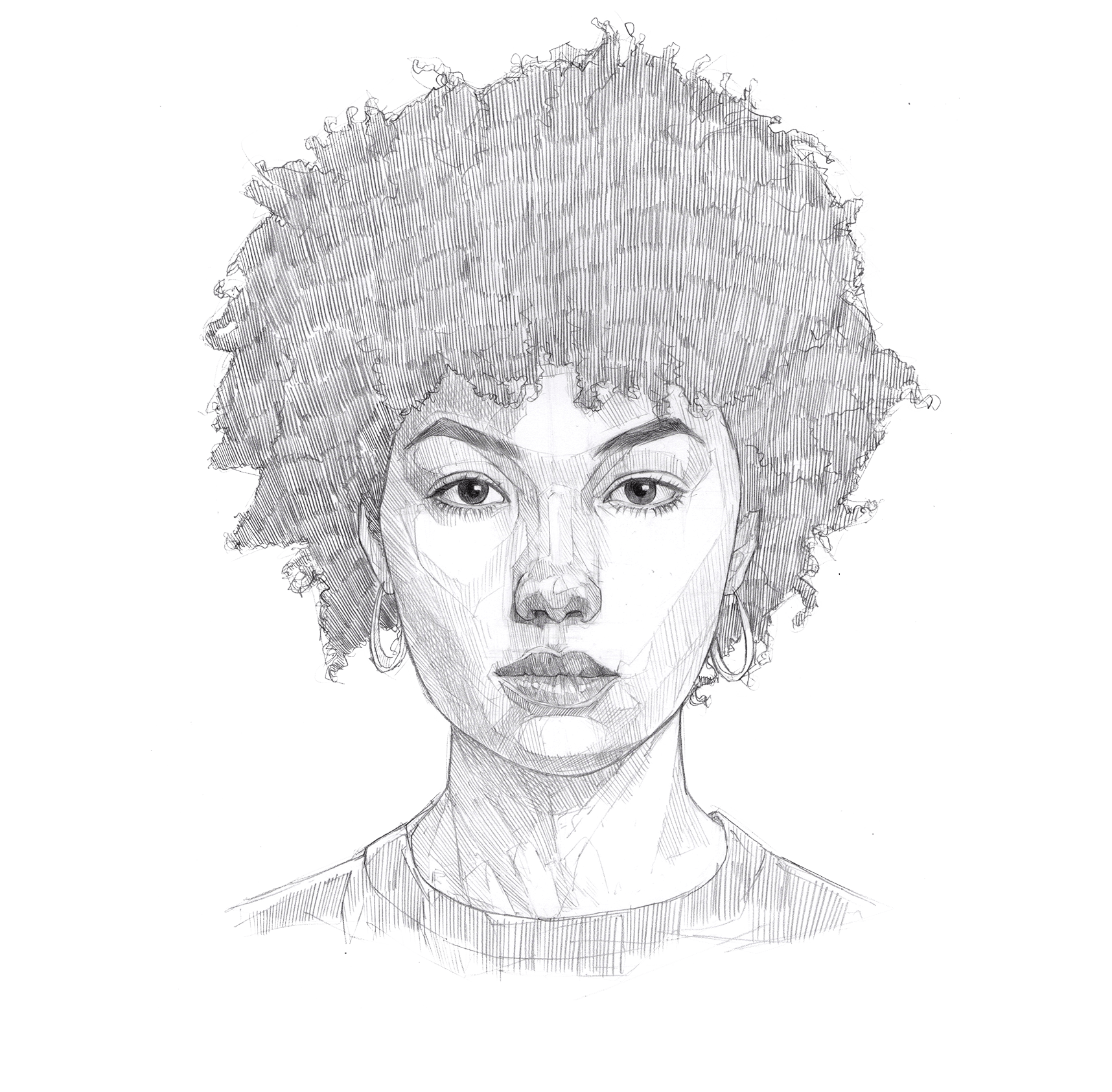Remove any biases before someone discloses
There are so many biases that come with different ethnicities, so it is important to listen with an open mind and to remove any biases before someone discloses. As we know, if you don’t feel comfortable talking to somebody face to face, then when you’re trying to discuss something serious, you’re going to shut down. I know me, if I don’t get that warm feeling or good energy from you, then I don’t feel like I can share something with you. I’m not gonna bother. It’s gonna be a waste of my time. So, people should be open-minded and free of any biases or stereotypes that they hold about different cultures ethnicities, etc.
Recommendations
-
When responding to a disclosure or report of sexual violence involving racially or ethnically marginalized students, provide these students with the choice to work with someone who shares their cultural or racial identity or someone who does not.
-
Use open-ended questions and collaborative communication when supporting a victim/survivor.
-
Engage in activities to develop anti-racism as it pertains to sexual violence prevention and response. Apply anti-racist practices in these areas.
-
Engage in activities to develop cultural responsiveness as it pertains to sexual violence prevention and response. Apply culturally responsive practices in these areas.
-
Consider how a student's identities might affect their expectations and concerns when accessing supports following a sexual assault, or when involved in a sexual assault investigation.

